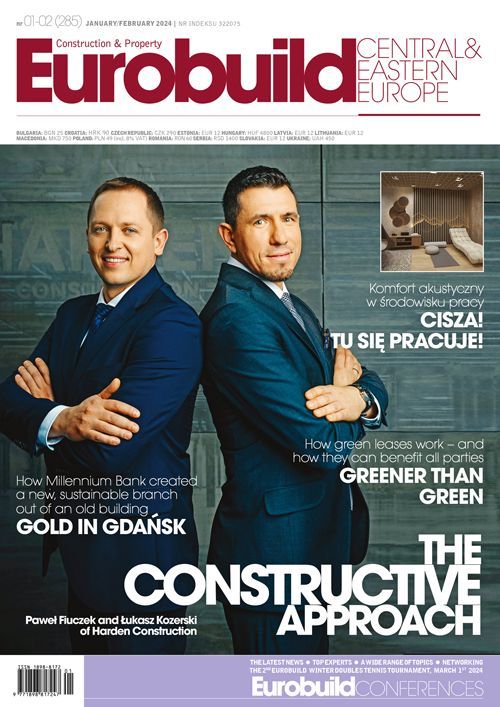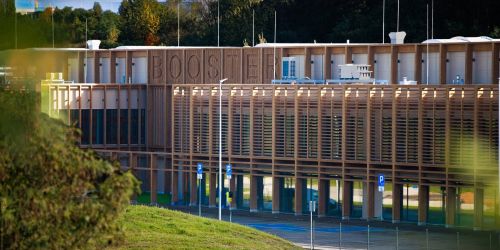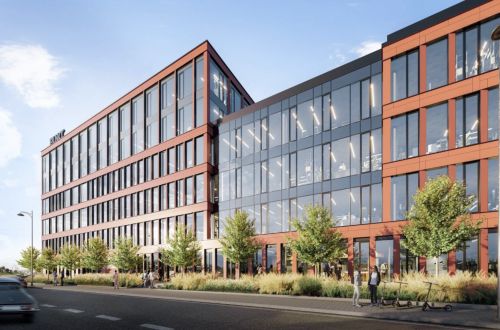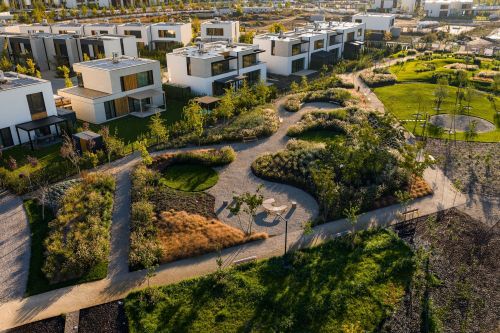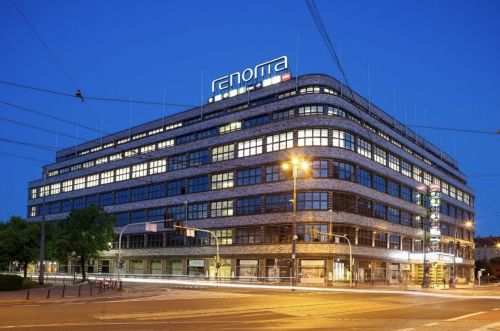Poland now has more than 30 mln sqm of warehouse space, of which almost 8 pct is currently empty and waiting for tenants to occupy it. If we add to this the fact that another 2.5 mln sqm is under construction, we have a picture of a growing and highly competitive market. The battle for customers is very evenly matched, with developers offering similar locations, the delivery of class A buildings that fulfil all the essential requirements of this grade of facility, and rental rates at similar levels. This is why it has become so important to build a competitive advantage through providing a positive customer experience – from the communication at the initial sales stage, through the negotiations and the development process, to the post-sale support and ongoing facility management. Such an integrated approach to managing business relationships with customers is the key to ensuring customer loyalty.
Who is the customer?
There are many facets to the customers of logistics parks.


























